Read all the news from Neue Schule Dorsten.
Experience a modern educational environment that combines individual support and inclusive learning. We look forward to accompanying your children on their educational journey.
Whether it's a call or an e-mail - we are there for you! Here you will find all contact options, including our handy contact form. We look forward to hearing from you!
The subject Practical Philosophy is offered at the Neue Schule Dorsten from Year 5 onwards. The subject is attended by pupils who are non-denominational, belong to a religion for which no religious education is offered or who have opted out of religious education.
What can you expect in Practical Philosophy and what does the word "philosophy" actually mean? The term philosophy comes from the Greek and means "Love of wisdom". Those who love wisdom or knowledge are curious to find answers to questions that concern us all - and that's exactly what you do in this subject.
So what exactly are these questions that we ask ourselves in class? They are above all practical questionswhose answers give you orientation, for example: How do I know what is good? What rules do we want to live together by? How do I resolve a conflict? What is fair and what is unfair? Do I always have to tell the truth? What makes a good friend? Why should we care about nature? What is fake news and how do I find the truth? What does love mean? Is there a soul? What makes me happy? How do I overcome crises? What is prejudice? ...
So that we don't lose track of all the questions, let's categorise them seven groups of questions which are dealt with in all year groups with adapted complexity in each case:
The question of the self
The question of the other
The question of good behaviour
The question of law, state and economy
The question of man, nature and technology
The question of truth, reality and the media
The question of origin, future and meaning
How is Practical Philosophy taught?
Ideological neutrality
The questions of meaning and values that arise from the circles of questions are not tied to religions or world views in philosophy lessons. Even if the subject is therefore characterised by religious and ideological neutrality, this does not mean that the knowledge gained must contradict religious beliefs.
Reasoned argumentation in respectful cooperation
As you may have seen from the example questions above, these are not easy to answer, and you don't always have to agree when answering them. This automatically leads to a discussion, which is central to philosophy lessons. In the discussions, you will learn to tolerate and accept other opinions. All discussions therefore take place in a respectful atmosphere, i.e. the opinions, world views and values of others are treated with respect. You will also learn how to convince others of your opinion through reasoned argumentation.
In addition to discussions, we use many other methods for philosophising: Thought experiments, role plays, still images, creative design, philosophising with texts, producing our own texts, ...
Neue Schule Dorsten leads to all lower secondary school-leaving qualifications and ensures access to the gymnasiale Oberstufe (upper secondary school) through binding cooperation.
All children are supported in such a way that they achieve the best educational qualification for them after Year 10.

© 2023 New School Dorsten
Decide which cookies you want to allow.
You can change these settings at any time. However, this may mean that some functions are no longer available. You can find information on deleting cookies in the help section of your browser.
LEARN MORE ABOUT THE COOKIES WE USE.